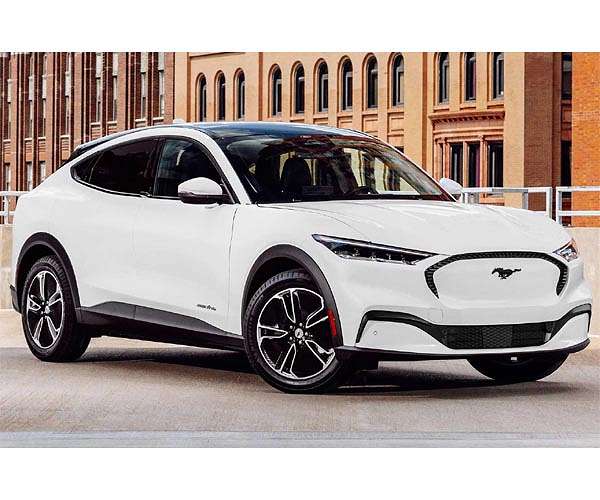Electric vehicles now match traditional cars for longevity
by Sophie Jenkins
London, UK (SPX) Jan 26, 2025
Battery-powered electric vehicles (EVs) have now reached the same lifespan levels as their petrol and diesel-powered counterparts, signaling an important step forward in the push for sustainable transportation, according to a recent study.
The research team analyzed nearly 300 million records from the UK Ministry of Transport (MOT) between 2005 and 2022 to estimate the longevity of vehicles and assess the survival rates across various types of powertrains. The study revealed that, although early battery electric vehicles (BEVs) were less reliable than traditional internal combustion engine vehicles (ICEVs), recent technological advancements have enabled newer BEVs to match the lifespan of their fossil-fuel counterparts, even under more rigorous usage.
The findings showed that BEVs have made the most rapid strides in reliability. Each subsequent year of production saw a 12% reduction in the likelihood of failure for BEVs, compared to just 6.7% for petrol vehicles and 1.9% for diesel vehicles.
The study, published in Nature Energy on January 24, 2025, was conducted by researchers from the University of Birmingham, the London School of Economics and Political Science (LSE), the University of California San Diego, and the University of Bern, Switzerland. On average, the study concluded that modern BEVs now have a lifespan of 18.4 years and can travel up to 124,000 miles, surpassing the typical mileage of petrol-powered cars.
Additionally, the research highlighted the top-performing brands in terms of longevity. Tesla emerged as the leader in the BEV category, while Audi and Skoda were identified as the best performers in the petrol and diesel vehicle segments, respectively.
Co-author Dr. Viet Nguyen-Tien from LSE noted, “Our findings provide critical insights into the lifespan and environmental impact of electric vehicles. No longer just a niche option, BEVs are a viable and sustainable alternative to traditional vehicles-a significant step towards achieving a net-zero carbon future.”
Robert Elliott, Professor of Economics at the University of Birmingham and co-author of the study, added, “BEVs offer significant environmental benefits, especially as Europe switches to a more renewable energy mix. Despite higher initial emissions from production, a long-lasting electric vehicle can quickly offset its carbon footprint, contributing to the fight against climate change-making them a more sustainable long-term option.
“Our findings offer consumers reliable data to make informed decisions about their vehicle purchases, whilst policymakers can use our insights to shape regulations and incentives that promote the adoption of durable and environmentally friendly vehicles and plan ahead for their end-of-life treatment.”
The study underscores the role of technological innovation in driving the adoption of BEVs and highlights the importance of sustainable vehicle lifecycle planning. These insights are also valuable for developing effective fleet replacement strategies and planning the recycling of electric vehicles at the end of their operational life.
Research Report:The Closing Longevity Gap between Battery Electric Vehicles and Internal Combustion Vehicles in Great Britain
Related Links
University of Birmingham
Car Technology at SpaceMart.com


